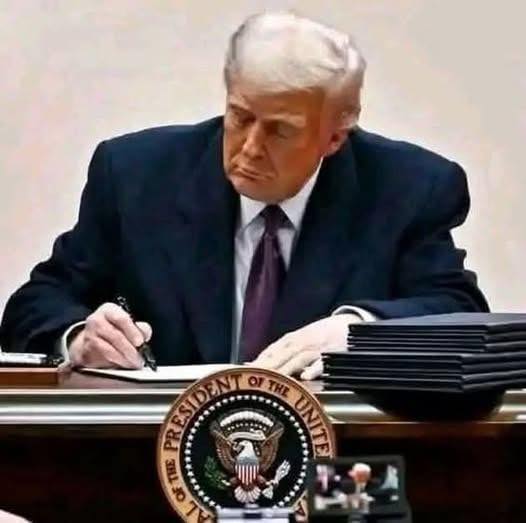Former President Donald Trump has unveiled two significant policy proposals aimed at reshaping the United States’ economic and regulatory landscape. The first involves the establishment of a U.S. sovereign wealth fund, while the second introduces an expanded regulatory rollback initiative. According to Trump and his advisors, these measures are intended to enhance national competitiveness, protect key industries, and streamline government operations to foster economic growth.
Sovereign Wealth Fund Proposal
The proposed fund would be developed by the U.S. Treasury and Department of Commerce. Unlike traditional models, the fund is envisioned not only as a vehicle for long-term investment but also as a potential tool for strategic acquisitions, including companies in the technology sector. Sovereign wealth funds are commonly used in countries like Norway, Singapore, and the UAE to manage surplus revenues and make strategic investments, but the U.S. has not previously maintained a federal fund of this type.
Under Trump’s plan, the fund would be financed through federal surplus revenues, asset sales, and possible public-private investment partnerships. Supporters suggest it could help protect domestic industries, invest in emerging technologies, and generate additional revenue for the federal budget. Strategic acquisitions, including major technology platforms, could also fall under the fund’s scope, though no specific deals have been confirmed.
Expanded Deregulation Initiative
The second policy, known as the “10-for-1” deregulation rule, requires federal agencies to repeal ten existing regulations for every new rule introduced. This builds on Trump’s previous “2-for-1” policy from his first term. Proponents say the initiative could reduce regulatory burdens, lower compliance costs, and stimulate innovation and job creation. Critics, however, caution that removing regulations at such a scale may jeopardize protections in areas like environmental safety, public health, and consumer rights.
Reactions and Implications
The announcements have drawn varied reactions from political, business, and academic circles. Some business leaders welcome the prospect of fewer regulatory hurdles and government-backed investment, while consumer and environmental groups warn of potential risks to essential safeguards. Analysts also note that a sovereign wealth fund could give the U.S. a powerful tool in global markets, with the potential to influence international investment patterns.
Implementation Challenges
Both proposals face practical hurdles. Creating a sovereign wealth fund will require congressional approval, careful planning, and oversight mechanisms. Meanwhile, implementing the deregulation rule could face legal scrutiny regarding the removal of existing regulations.
Global Considerations
If realized, the sovereign wealth fund could become a major international investment instrument, potentially affecting global markets. Strategic investments in technology could also create geopolitical tensions, particularly with nations like China. Meanwhile, reduced regulation could make the U.S. more attractive for investment but may draw criticism regarding labor, environmental, and consumer protections.
Looking Ahead
At present, both initiatives remain in early planning stages. Treasury and Commerce officials are expected to outline preliminary frameworks for the fund, while agencies begin evaluating regulations for potential repeal. Trump and his supporters present these measures as forward-looking strategies to strengthen the U.S. economy, while opponents raise concerns over risk and oversight. The effectiveness of these proposals will ultimately depend on their implementation in the months ahead.
